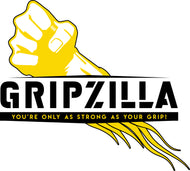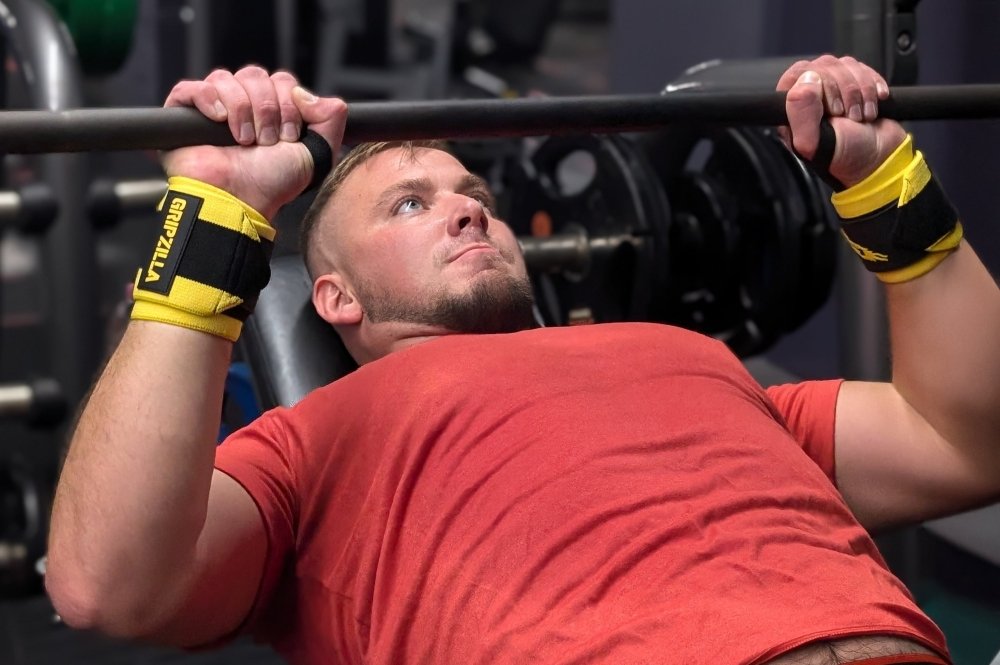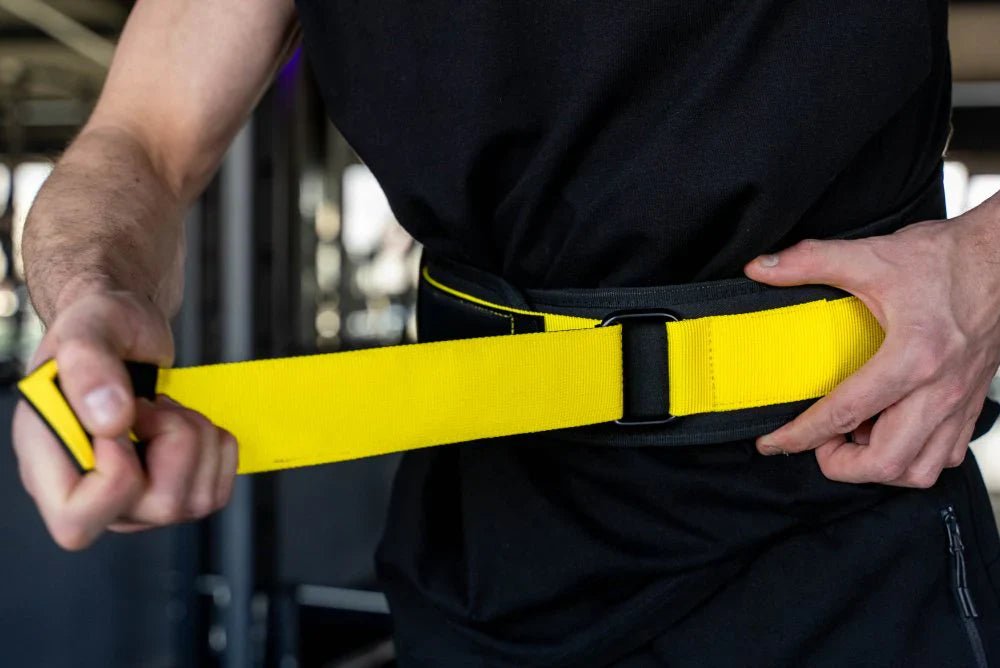Dave was never trying to be the next Arnold. He just wanted to stop grunting every time he stood up from the couch.
But something happened when he grabbed that barbell for the first time.
It lit a fuse. And that fuse didn’t care about excuses, dad bods, or outdated gym memes.
A year into lifting, Dave found himself caught in a debate older than TikTok arguments: Powerlifting vs. Weightlifting. Which one actually builds strength?
Let’s break it down like Dave did:
What Is Powerlifting?
 Dave started with powerlifting. The logic was simple: big weight, low reps, loud music.
Dave started with powerlifting. The logic was simple: big weight, low reps, loud music.
- The Big 3: Squat, Bench Press, Deadlift
- Focus: Maximal strength
- Training style: Linear, methodical, addictive
He didn’t need gymnastics skills. Just grit. His numbers climbed fast.
Two months in, Dave was squatting more than he weighed. By month six, deadlifts were therapy.
Powerlifting gave Dave that caveman high, moving serious weight with serious effort.
What Is Olympic Weightlifting?
 Then came a CrossFit buddy who convinced him to try weightlifting. The Olympic kind.
Then came a CrossFit buddy who convinced him to try weightlifting. The Olympic kind.
- The Lifts: Snatch, Clean and Jerk
- Focus: Explosiveness, speed, technique
- Training style: Complex, athletic, demanding
First attempt at a snatch, the bar flew over his head. Second, he nearly fell backwards. But he was hooked.
Weightlifting felt like fighting gravity with style. Less brute force, more precision under pressure. He was drenched in sweat, ankles screaming, but hungry for more.
Key Differences | Lift by Lift
Let’s spell it out. These sports aren’t cousins. They’re opposites built on iron.
|
Category |
Powerlifting |
Weightlifting |
|
Core Lifts |
Squat, Bench, Deadlift |
Snatch, Clean and Jerk |
|
Style |
Slow, controlled |
Fast, explosive |
|
Learning Curve |
Low |
Steep |
|
Mobility Needed |
Moderate |
High |
|
Equipment |
Basic |
Technical shoes, straps, etc. |
|
Training Outcome |
Max strength |
Power + speed |
Strength vs. Athleticism: What Are You Really After?
If you want to grind heavy iron and build a back like a brick wall, powerlifting is your zone. You’ll walk slower but lift heavier.
If you want to move like an athlete and train for explosiveness, weightlifting gives you that edge.
You’ll move fast, squat deep, and probably own more knee sleeves than socks.
Dave didn’t care about medals or Instagram clout. He wanted real-world strength. The kind you feel when you pick up your kid… or your couch.
Injury Risk & Gear: What Keeps You Lifting Longer
Here’s the part people love to skip: injuries.
- Powerlifting stresses your lower back and joints under extreme loads.
- Weightlifting pushes your shoulders, hips, and wrists to the limit.
No matter what you train, when the load gets heavy, your core takes the hit. And if your form cracks, so does your spine.
After tweaking his back on a rushed deadlift, Dave learned the hard way that ego doesn’t protect your spine. Gear does.
So… Which One Should You Choose?
Dave wrestled with it. You probably are too.
Here’s what helped:
- If you’re after pure strength, fewer lifts, and simple programming → Powerlifting
- If you want athleticism, coordination, and technical mastery → Weightlifting
- If you love both? Hybrid training is legit. Just respect the skill curve
The right choice isn’t on a forum. It’s in your training goals, your joints, and your patience level.
Why Every Lifter Needs Support?
 Here’s the truth bomb Dave didn’t see coming:
Here’s the truth bomb Dave didn’t see coming:
Powerlifters and weightlifters might train differently, but they break down in the same spots.
Back. Core. Bracing.
And while training styles vary, one piece of gear belongs in both worlds: a lifting belt.
Not some floppy, overpriced leather showpiece. Something that actually helps.
That’s why Dave grabbed the Gripzilla Lifting Belt.
- Stiff where it counts, so you don’t fold under pressure
- Flexible enough for Olympic movements
- Built for lifters who care about performance, not trends
Whether Dave’s grinding through a 5x5 squat day or pulling under a clean, that belt keeps his spine locked, breath tight, and lifts clean.
Dave didn’t choose one path. He just chose to lift smarter. The belt? That was his insurance policy.



